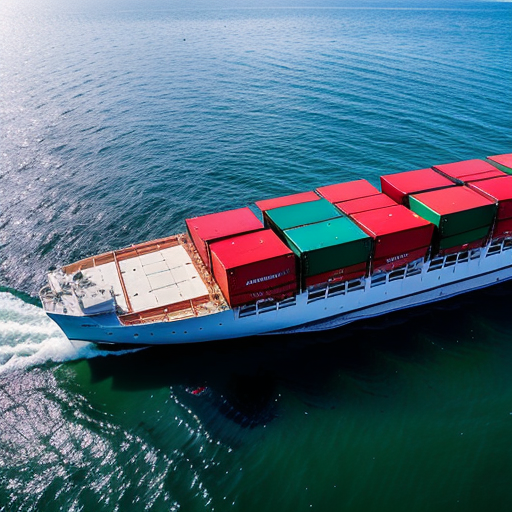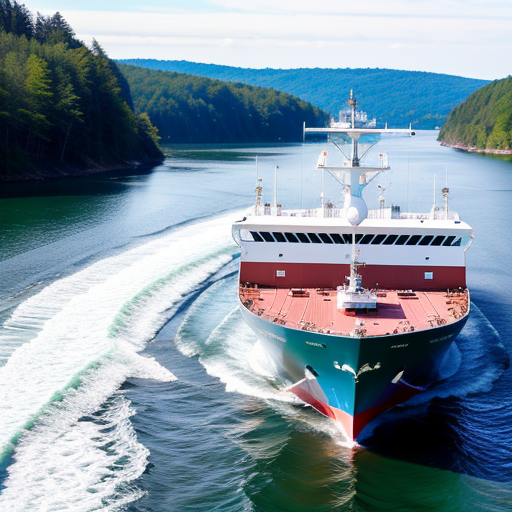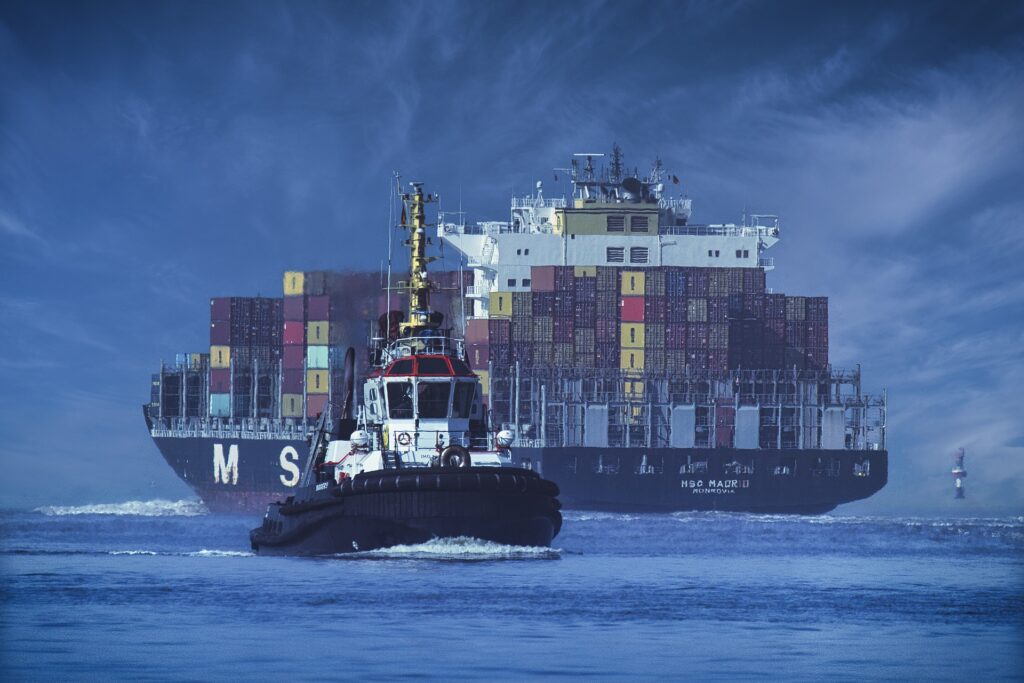MARITIME LAW

Introduction:
Maritime law claims are legal actions that arise from incidents occurring on or related to navigable waters. “maritime law” encompasses many legal principles and rules, including shipping, navigation, cargo, and personal injuries. Claims can arise from various incidents, including accidents involving vessels, pollution incidents, and disputes over freight. This essay will provide an overview of maritime law claims and the different legal principles that govern them.
Historical background:
Maritime law has a long and storied history, dating back to the earliest civilizations that engaged in trade and commerce by sea. In ancient times, maritime law was governed by custom and tradition, with various port cities developing rules and regulations. In medieval Europe, naval law was heavily influenced by the Roman legal system and the principles of the Catholic Church. Over time, maritime law became more standardized, with international treaties and agreements being developed to govern various aspects of marine commerce.
Maritime law is a complex and highly specialized area governed by many statutes, regulations, and case law. In the United States, naval law is primarily based on the general principles of common law but also incorporates several federal statutes and international conventions.
Types of maritime law claims:
Various maritime law claims can arise from incidents related to navigable waters. Some of the most common types of marine law claims include:
Personal injury claims:
These claims arise when a person is injured while working on a vessel, such as a ship or a barge. These claims may be brought under the Jones Act or the general maritime law.
Property damage claims:
These claims arise when a vessel damages another vessel, a dock, or other property. These claims may be brought under general maritime law or federal or state law.
Pollution claims:
These claims arise when a vessel discharges oil, chemicals, or other pollutants into the water. These claims may be brought under the Oil Pollution Act of 1990 or other federal or state environmental laws.
Cargo claims:
These claims arise when cargo is damaged, lost, or stolen during transport. These claims may be brought under the Carriage of Goods by Sea Act or other federal or international laws.
Salvage claims:
These claims arise when a person or company assists in the recovery of a vessel or its cargo. These claims may be brought under general maritime law or federal or state law.
Legal principles governing maritime law claims:
A wide range of legal principles and rules governs maritime law claims. Some of the most important legal regulations governing maritime law claims include:
The general maritime law:
General maritime law is a body of legal principles and rules that apply to naval claims not covered by a specific federal statute or international convention. Public maritime law is primarily based on common law and equity principles.
Federal statutes: Several federal statutes govern various aspects of maritime commerce, including the Jones Act, the Carriage of Goods by Sea Act, and the Oil Pollution Act of 1990.
International conventions:
Several international conventions govern various aspects of maritime commerce, including the International Convention for the Safety of Life at Sea, the International Convention on Load Lines, and the International Convention on Civil Liability for Oil Pollution Damage.
Admiralty jurisdiction:
Admiralty jurisdiction refers to the jurisdiction of federal courts over maritime claims. Jurisdiction is based on the constitutional grant of jurisdiction to the federal courts over “all admiralty and maritime jurisdiction cases.”
Legal Principles Governing Maritime Law Claims in Texas
Texas is uniquely interested in maritime law as a coastal state due to its extensive coastline and multiple ports.
Jurisdiction:
Federal and state courts may have jurisdiction over maritime claims in Texas. Federal courts have exclusive jurisdiction over maritime claims, such as vessel arrests, in rem actions (actions against the vessel itself), and salvage claims. Depending on the circumstances, other maritime claims, including personal injury and wrongful death, may be heard in federal or state courts.
The Jones Act:
The Jones Act (46 U.S.C. § 30104) is a federal statute that provides a cause of action for seamen who suffer injuries or death due to their employer’s negligence. To qualify as a seaman under the Jones Act, an individual must have a significant connection to a vessel or fleet in both duration and nature. Their work must contribute to the vessel’s mission or function. Texas courts have adopted federal case law when interpreting the Jones Act, and injured seamen can seek damages for medical expenses, lost wages, pain and suffering, and other damages.

The Longshore and Harbor Workers’ Compensation Act (LHWCA):
The LHWCA compensates non-seamen maritime workers injured on navigable waters or adjoining areas. The U.S. Department of Labor administers the LHWCA, which is an exclusive remedy, meaning that eligible workers cannot sue their employers in court for negligence.
General Maritime Law:
General maritime law is a body of case law developed by federal courts to address issues not explicitly covered by statutes or treaties. In Texas, public maritime law governs claims related to unseaworthiness, maintenance and cure, collisions, allisions, and other incidents. Unseaworthiness claims arise when a vessel or its equipment is not reasonably fit for its intended purpose. Employers must provide injured seamen with medical care and basic living expenses during recovery under maintenance and cure claims.
Limitation of Liability Act:
The Limitation of Liability Act limits vessel owners’ liability to the value of their vessel and freight. To benefit from this limitation, vessel owners must file a limitation action in federal court. Claimants can challenge the end by showing that the vessel owner knew about the unseaworthy condition or negligent act that led to the injury or damage.
These are some of the fundamental legal principles governing maritime law claims in Texas. Each case is unique, and various factors can influence the outcome of a maritime claim. It is essential to consult with an experienced maritime attorney who can help you navigate the complexities of maritime law and protect your rights.
Conclusion:
Maritime law claims are a complex and highly specialized area of law governed by a wide range of legal Maritime law is complex and technical, with many legal principles and rules. Our team at Houston Injury Lawyers PLLC provides reliable and responsive legal counsel to give you confidence in your case. We understand the uncertainty and stress likely to follow any offshore injury and will do everything possible to maximize your recovery. If you or a loved one suffered an injury at sea, we could help. Contact Houston Injury Lawyers, PLLC, today for a free case review with our maritime injury lawyers in Houston.


